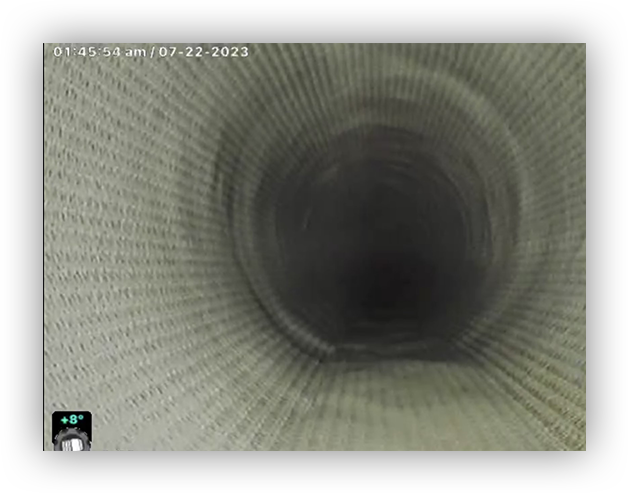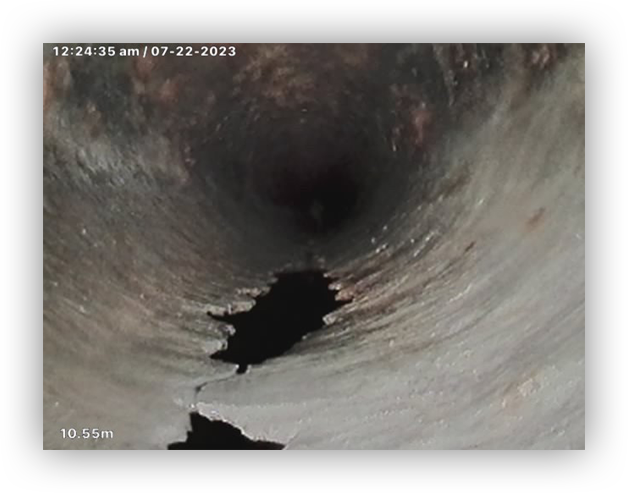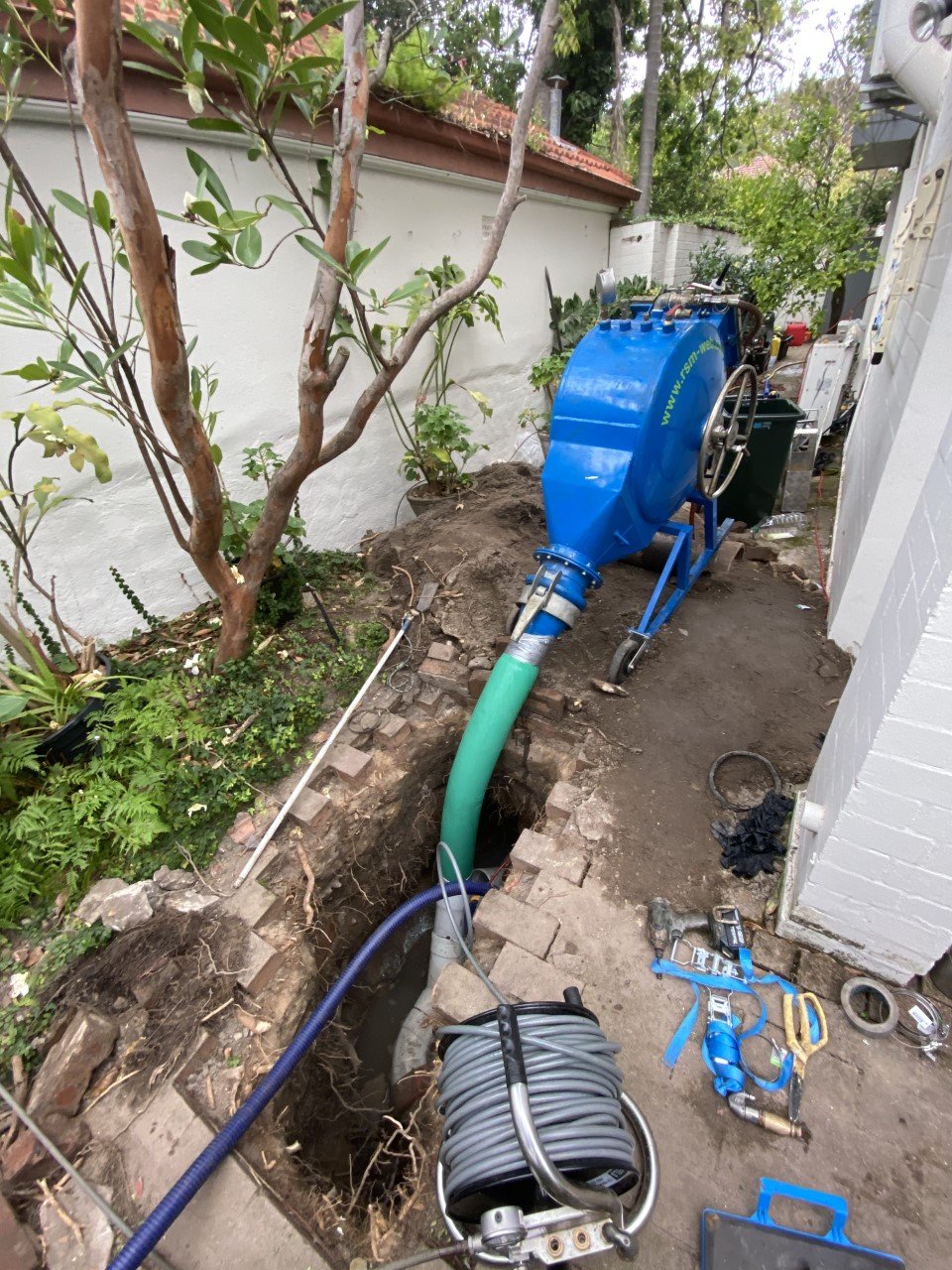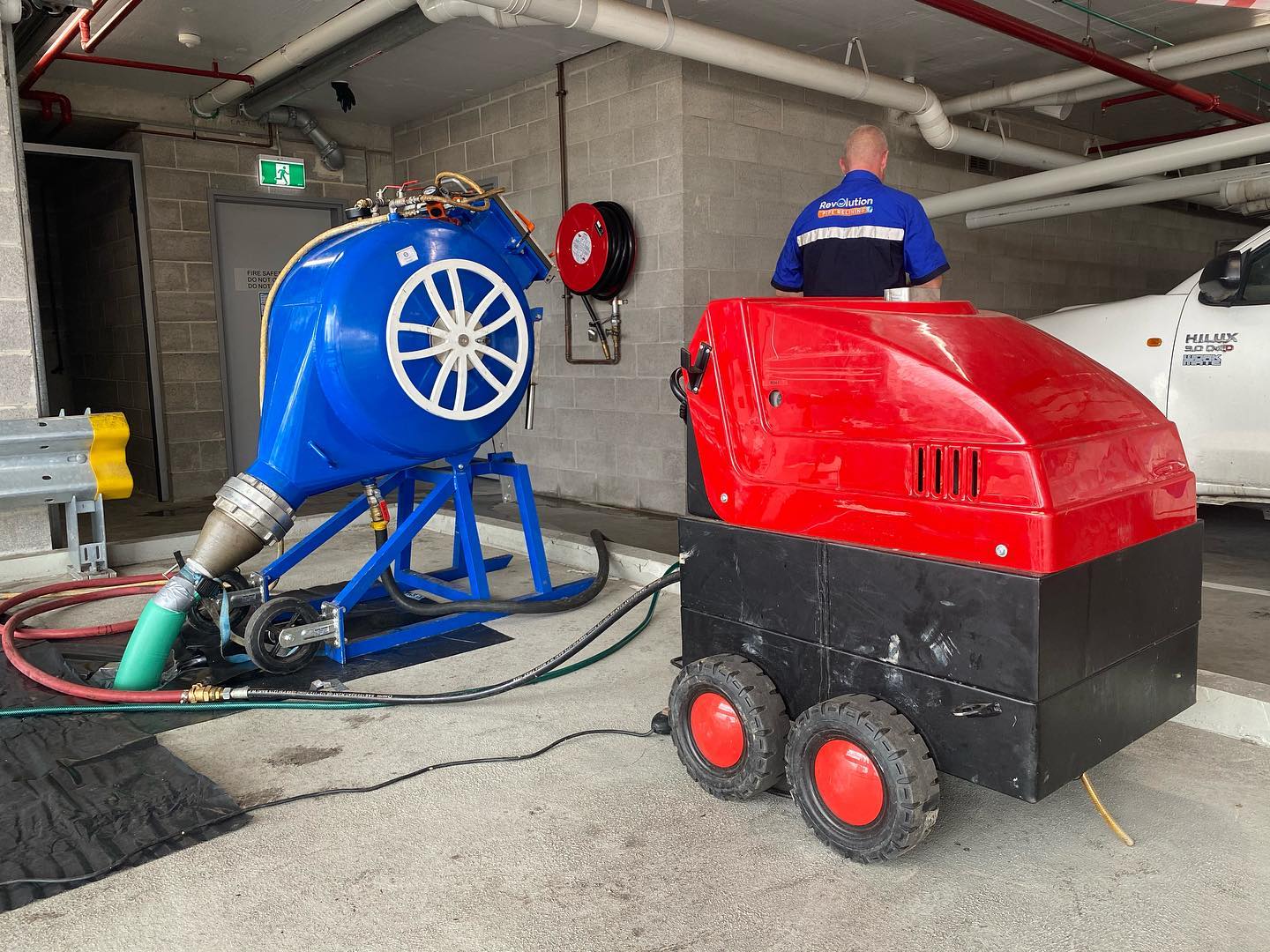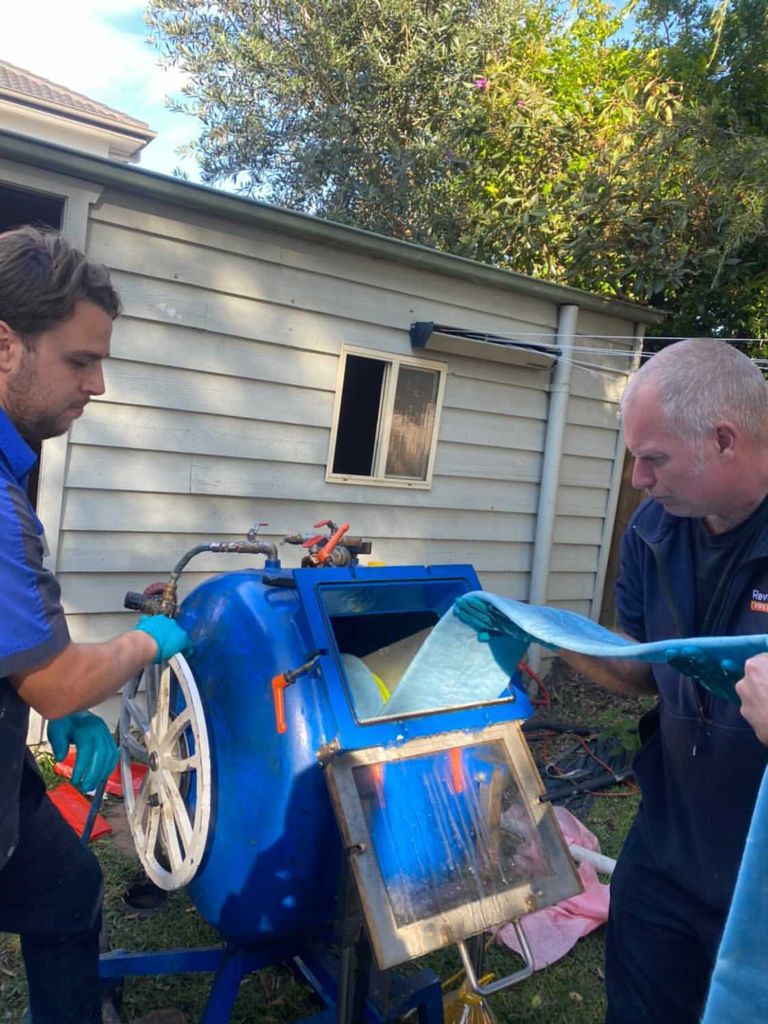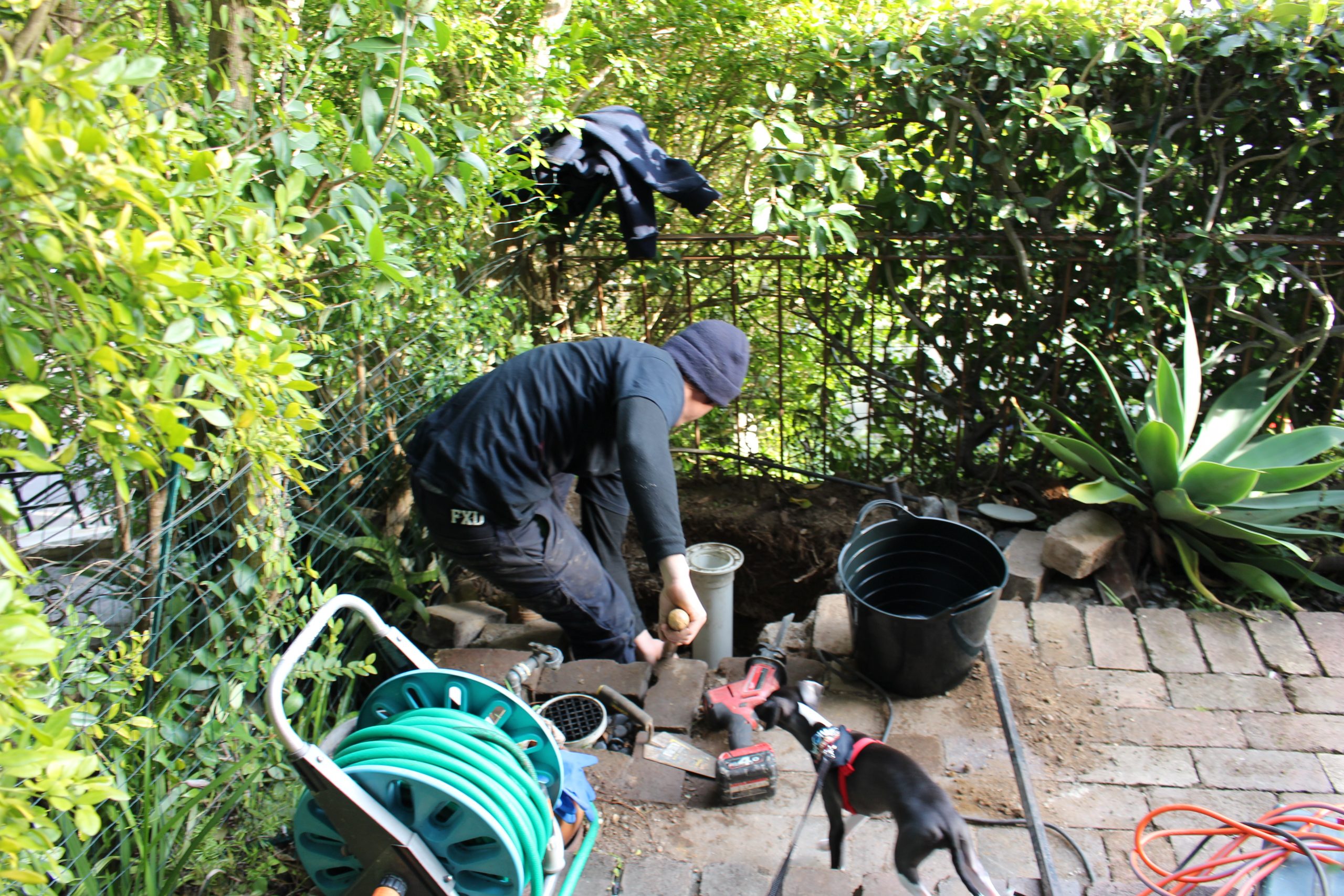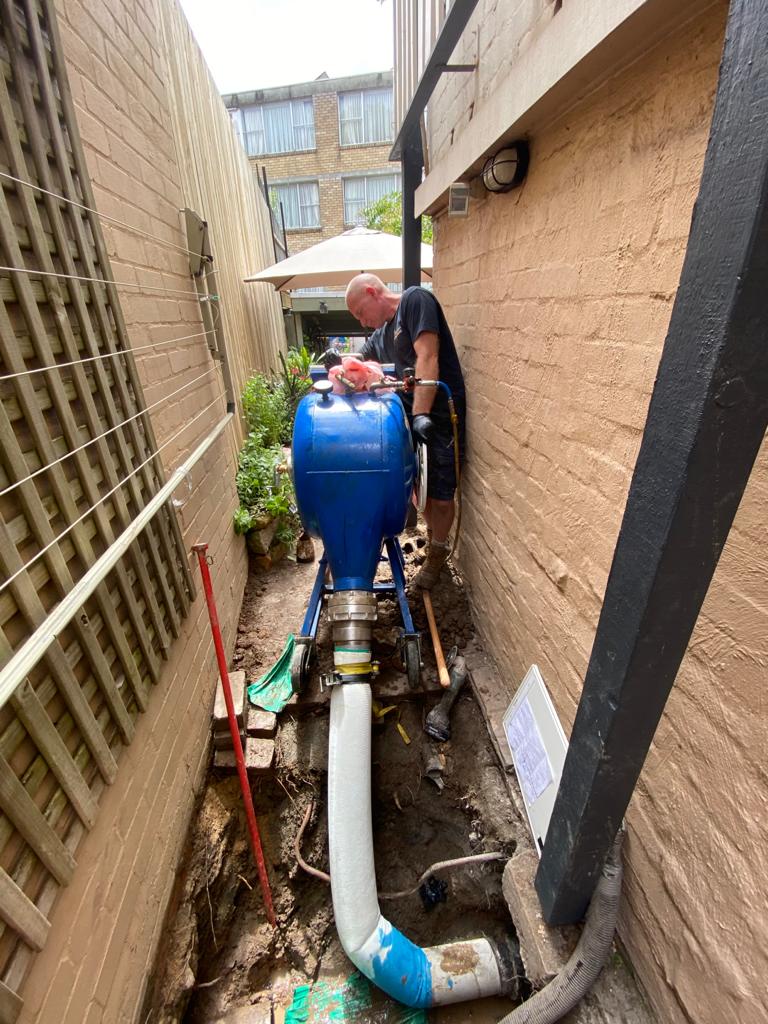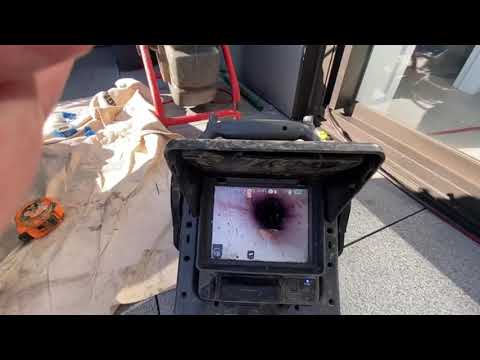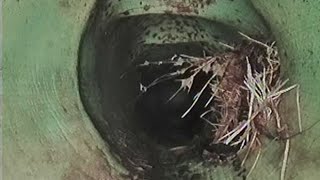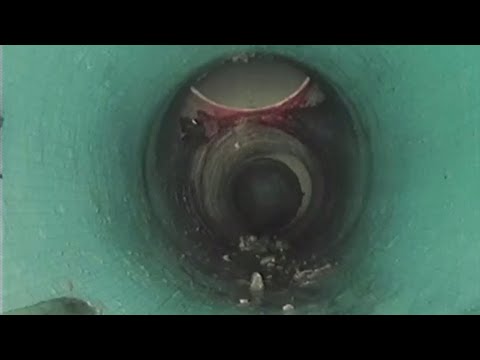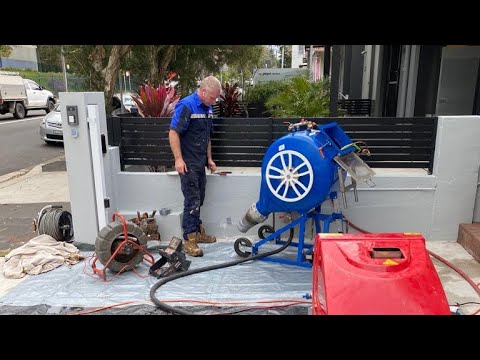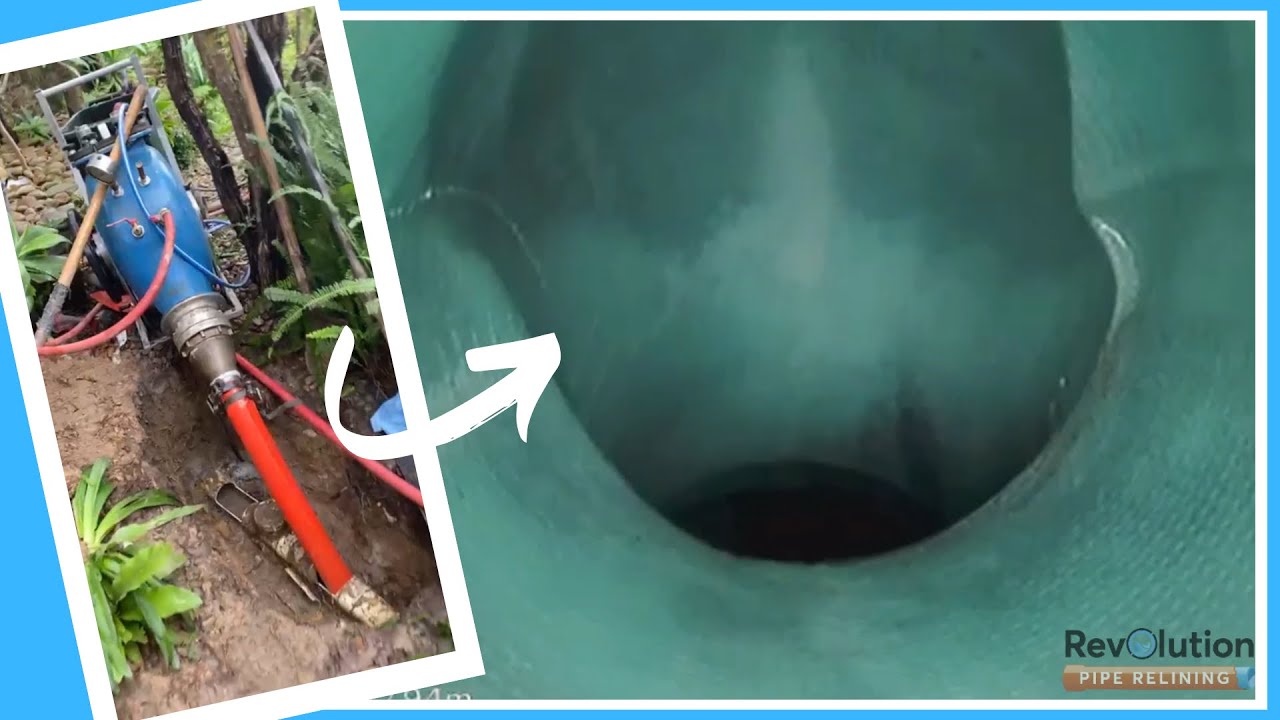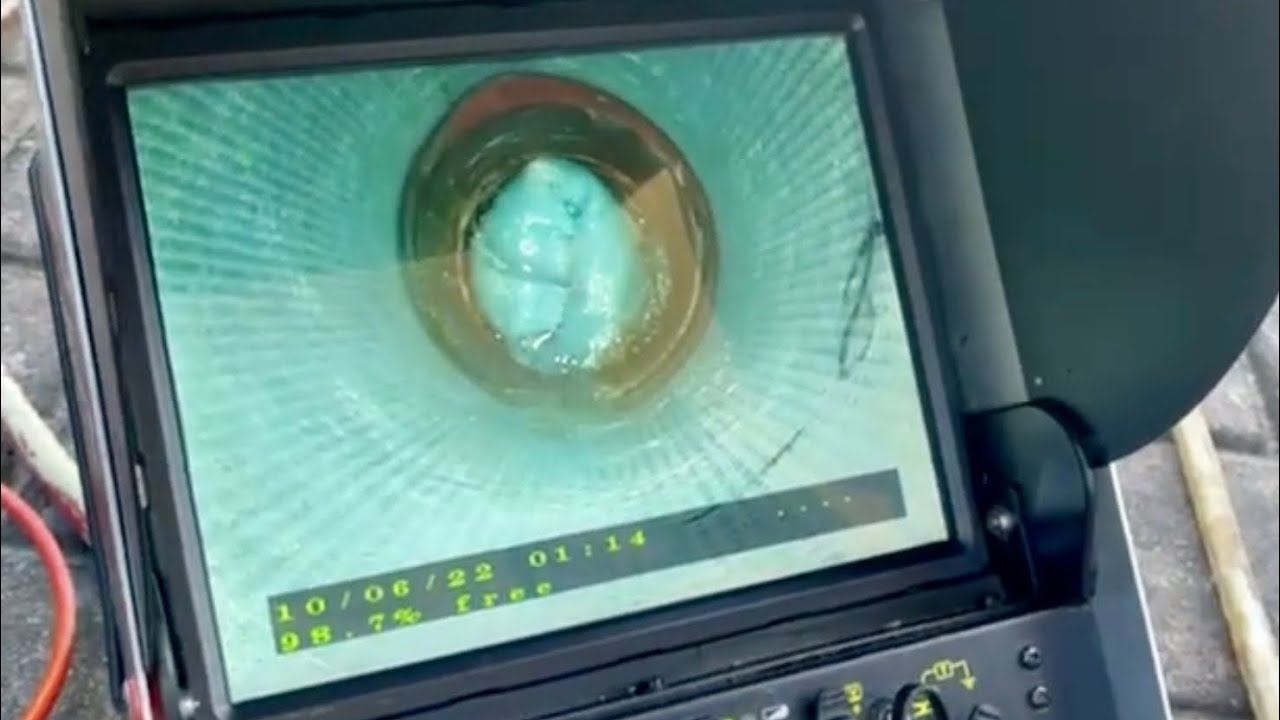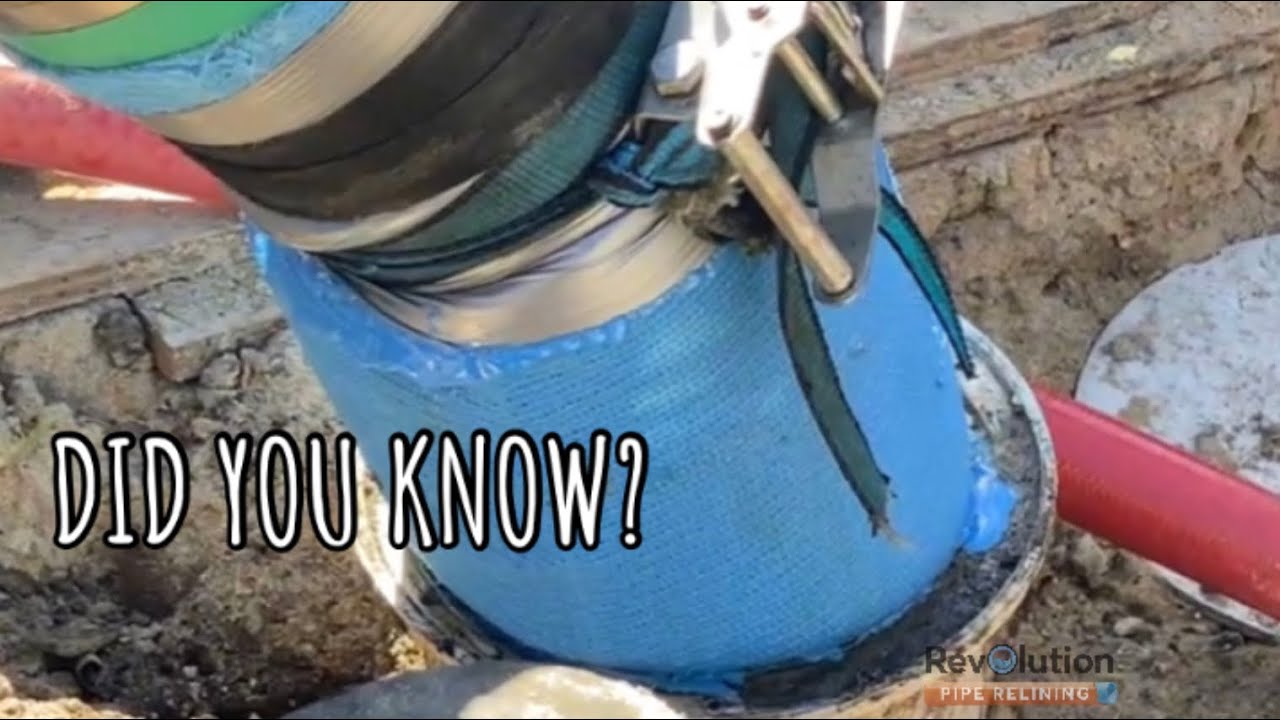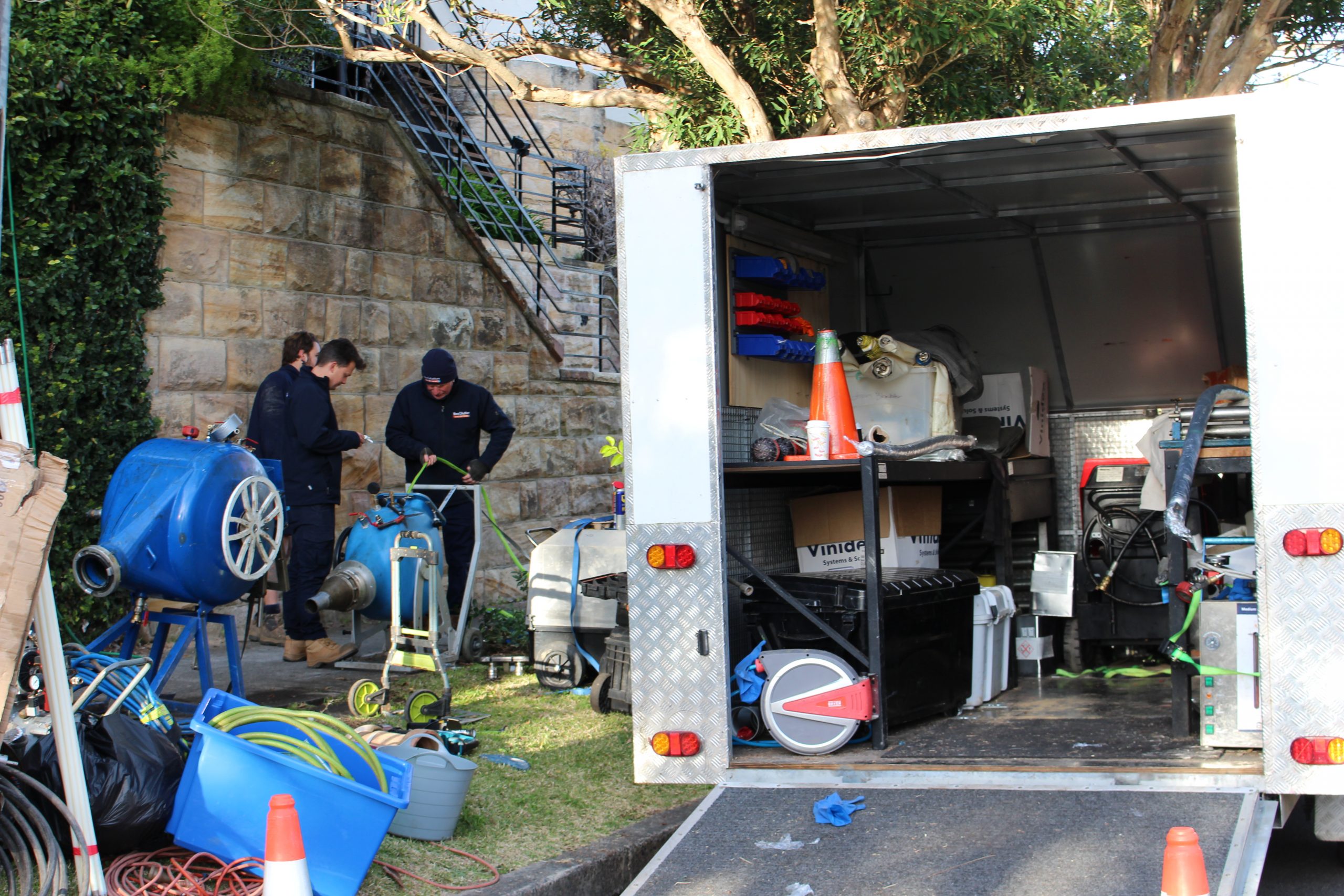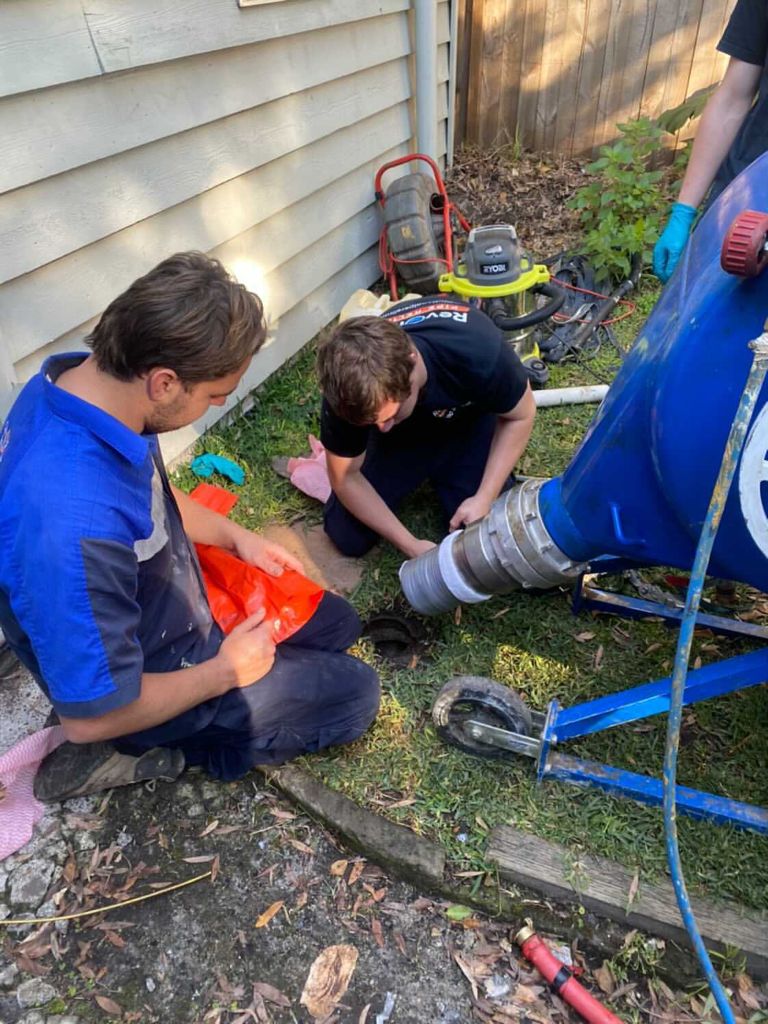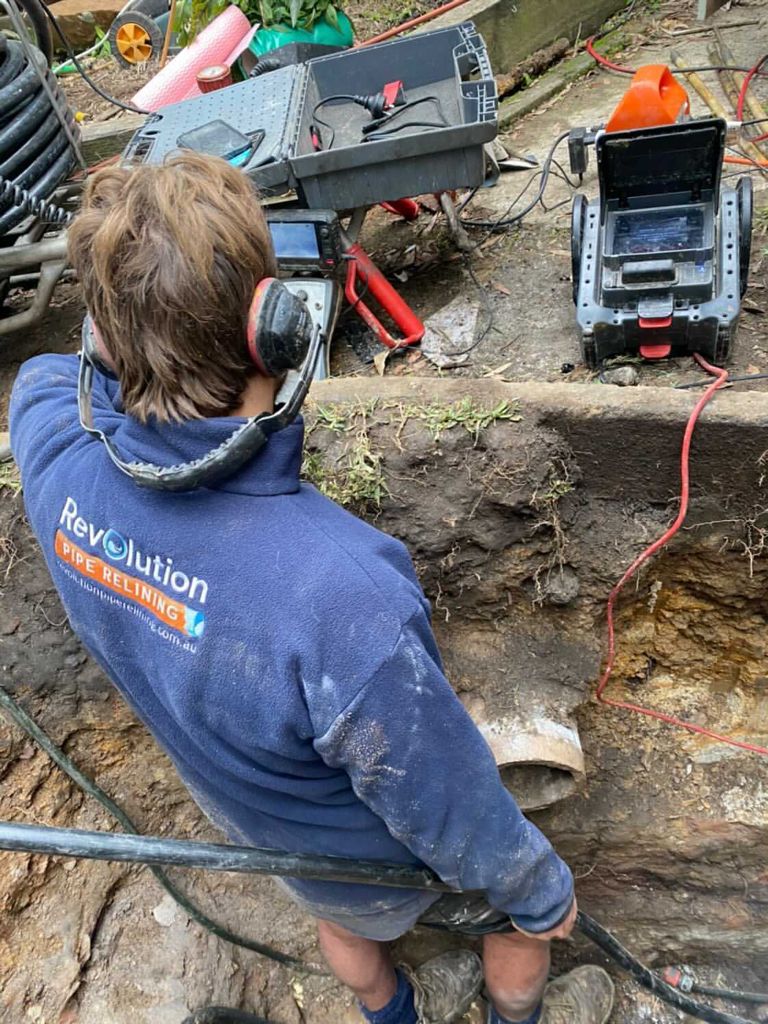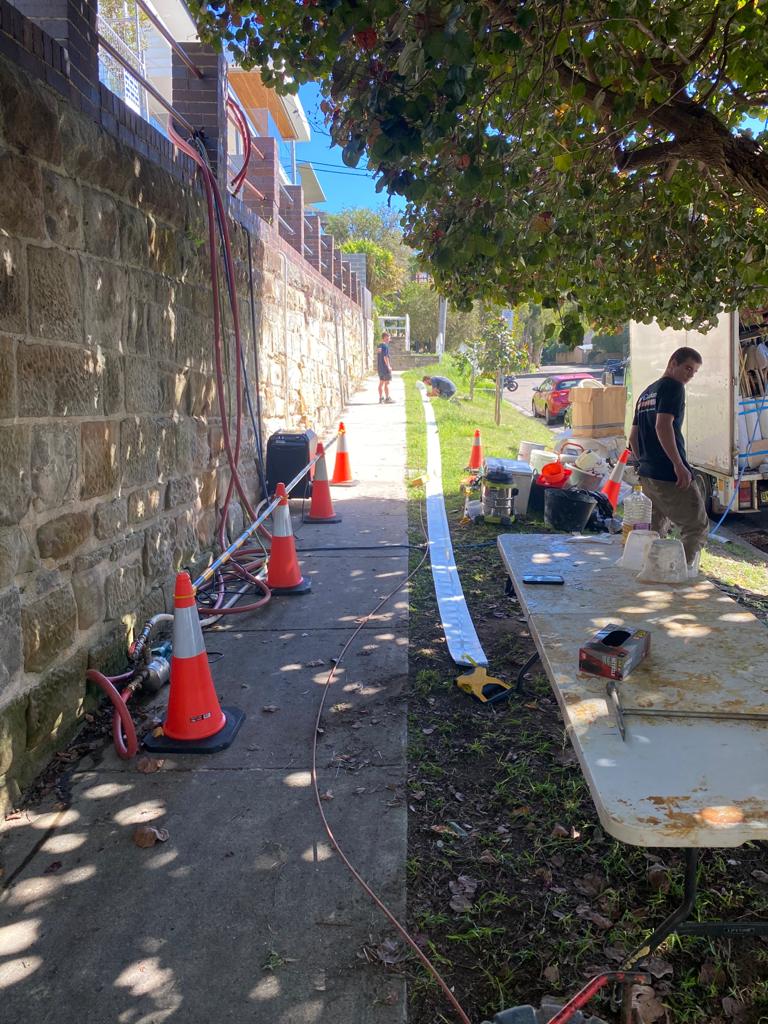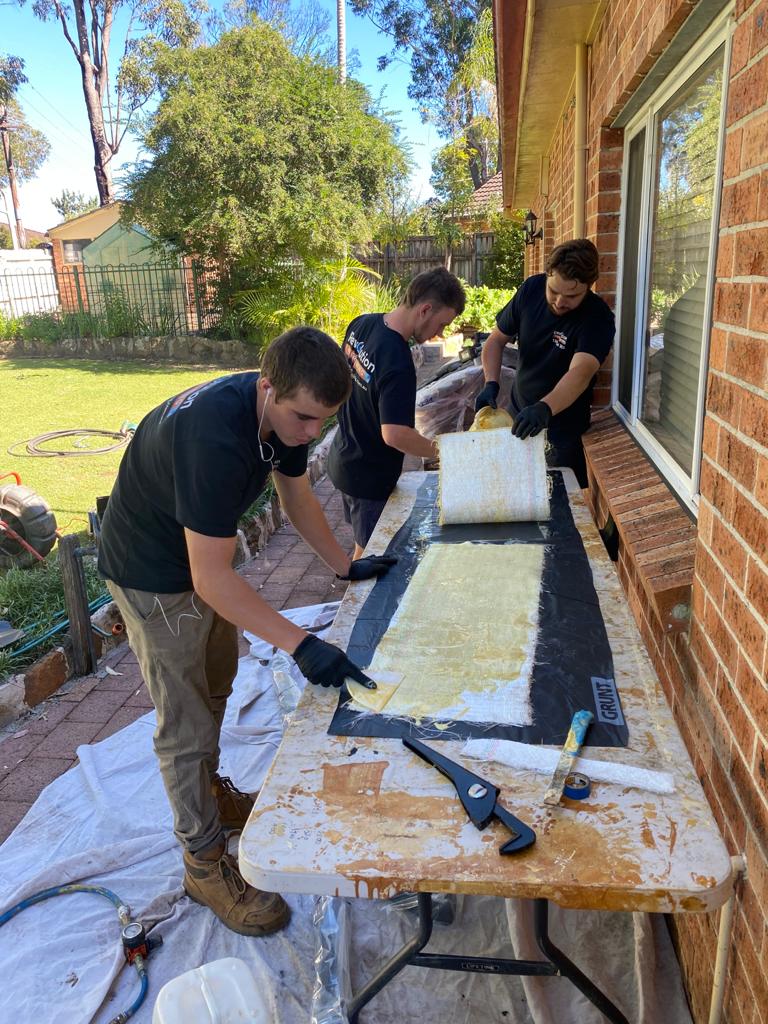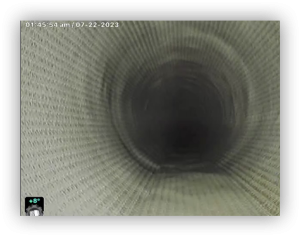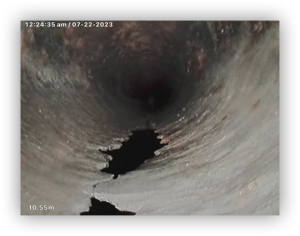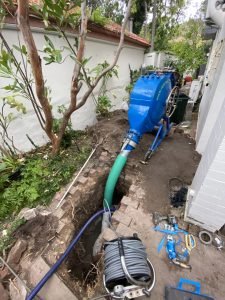How to Avoid Plumbing Troubles During the Coldest Months
- Plumbing problems are no fun at all especially, during the coldest months where the temperature can get so low to keep you at home. As the temperature drops, your pipe becomes vulnerable to some unique plumbing situations that can cause immediate damage in your home when it’s not detected right away. That is why we always recommend winterizing your home before the cold season sets in. But, if this is something you missed out on doing, no worries at all. We’ve listed some common plumbing problems in winter for you, so you know what you need to be watchful for, and some tips on how you can prevent them from happening in the future.

Common plumbing problems in winter
- 1. Frozen pipes – Water lines that serve as your indoor and outdoor spigot can freeze when it’s left exposed to freezing temperatures. Frozen pipes can certainly become the priciest plumbing problem you can run into during winter especially when you have old metal pipes, like copper and steel as they are less tolerant to freezing compared to pipes made of plastic material. When the cold air comes in contact with water inside the pipe, it freezes and causes your pipes to expand. The expansion puts overwhelming pressure on the pipes that no matter what it is made of, it can break. In weaker sections, this can cause the pipe to burst. A pipe burst can lead to potential flooding especially if everyone is away to turn off the water.
- 2. Clogged kitchen drains – With holiday cooking, it’s no surprise that your kitchen gets exhausted. With more food waste being flushed down to garbage disposals, kitchen sink drains are more likely to get clogged. To keep your kitchen sink working throughout the winter, be mindful of any drain clog instances and fix them immediately as soon as they happen. Keep fats, oils and greasy food waste away from your drains. When cold weather hits these elements, they stiffen, catch other food waste and leave you with a sink full of food waste. When you’re faced with winter clogs, pour boiling water down the drain to thaw the obstruction.
- 3. Clogged sump pump – Whether you like it or not, during months with extremely cold weather your sump pump can experience overwhelming usage because of snow and ice that will saturate your ground. When the water in the sump basin starts to freeze, the pump is forced to work harder to flush the water away from your home. So when winter rolls around, do your sump pump a little favour. Make sure it is free from dirt, gunk, or other debris as they can play a role in a clogged sump pump. If you think you’re about to deal with a long period of cold weather, disconnect the hose connecting your sump pump to the discharge pipe and leave it off until warmer weather comes back. Doing this will cross out the chances of the water freezing inside the hose and getting clogged.
- 4. Frozen septic lines or tanks – Anyone that has a septic system should know that when temperatures dip, a frozen septic line or tank can immediately follow. Lack of snow covering, dry soil conditions and extremely cold temperatures are common causes of frozen septic tanks. When freezing occurs in the mainline that joins the main drain line to the septic tank, the worst things can happen. Your drainage system will cease to work altogether and lead to sewage backing up to your home.
- 5. Water heater issues – Winter is perhaps the worst time to deal with a failing water heater. Cold weather can force your water heater to work harder than usual which can lead to a pipe burst. In some instances, it can result in tiny leaks that can go undetected and cause a great amount of water damage. One way to keep the unit running efficiently during winter is to install an insulation cover that will serve as a blanket to keep it warm. But, if your water heater still struggles to keep up with the weather and fails to deliver any hot water at all, you may need to get a professional to replace it for you.
How to avoid running into plumbing trouble during the coldest months?
Invite a professional plumber for inspection – Snow, hail, frost, rain, whatever form they come from the sky, they will put a strain on your home’s plumbing and eventually make the pipe burst open. These broken pipes are no joke. They are a hassle and when not dealt with immediately, have the potential to flood your entire house. Protecting your pipes from the harshness of winter should be the top of your priority list. Professionals can find out if your plumbing is in the best condition to protect your home from the cold outside. They can also insulate your plumbing to keep humidity from setting in and help you not waste your time and effort from heating your home for nothing.
Invest in regular maintenance – Preventing your home from the threat during winter is equally important as maintaining your fixtures all year round. Arrange to have a professional plumber come in on a routine schedule to inspect your entire plumbing. A trained eye can catch potential problems before they turn into an emergency situation and saves you money in the long run. Keep in mind that the longer the problem is left unresolved, the more expensive it is to repair. If you take regular maintenance for granted, you are not only giving winter the opportunity to create a big mess in your plumbing, you also risk yourself from losing access to hot water.
Consider purchasing smart plumbing fixtures – Who doesn’t like the idea of home automation? Smart plumbing solutions are becoming in demand these days. For example smart thermostats and smart leak detectors. A smart thermostat allows you to easily adjust the temperature in your home to avoid the risk of a pipe bursting when the temperature dips. While a smart leak detector can give you a real-time alert via an app on your mobile phone, as soon as leaks happen. Both of these technologies give you the power to remotely control your plumbing without physically being in the house. They are highly affordable, portable, and an ideal addition especially during the cold months.
Consider Pipe Relining – If you’ve been experiencing clog drains lately and every fix seems to fail, chances are, you have a bigger problem down the line waiting to be fixed right. Pipe relining in Sydney is suitable not only for sewer drains but also for fixing gaps, leaks and cracks on pipes caused by pipe bursts, common during winter. In the sewer relining and drain relining procedure, we use a freeze-resistant liner to seal off pipe fractures, which provides long term protection against bursting and freezing.
Don’t leave anything to chance this winter. Take all the necessary steps to ensure your plumbing system is reliable enough to protect your homes at all times, even when snow, hail, ice joins forces to soak your entire property. Keep in mind that you can’t control the cold weather mother nature will bring or how much snow you’ll experience, so anything you can do to proactively protect your home from winters’ worst would do your plumbing a huge favour.
Remember, one burst pipe situation can cause thousands of dollars in damage in minutes. So if you’d like to flood-proof your homes, although the official start of the cold months has already passed, don’t look anywhere else, or take the job on your shoulder, Revolution Pipe Relining team is best suited for these tasks as fixing issues with your plumbing, especially when the problem requires pipe relining, are complex that only trained people like us are capable of.

